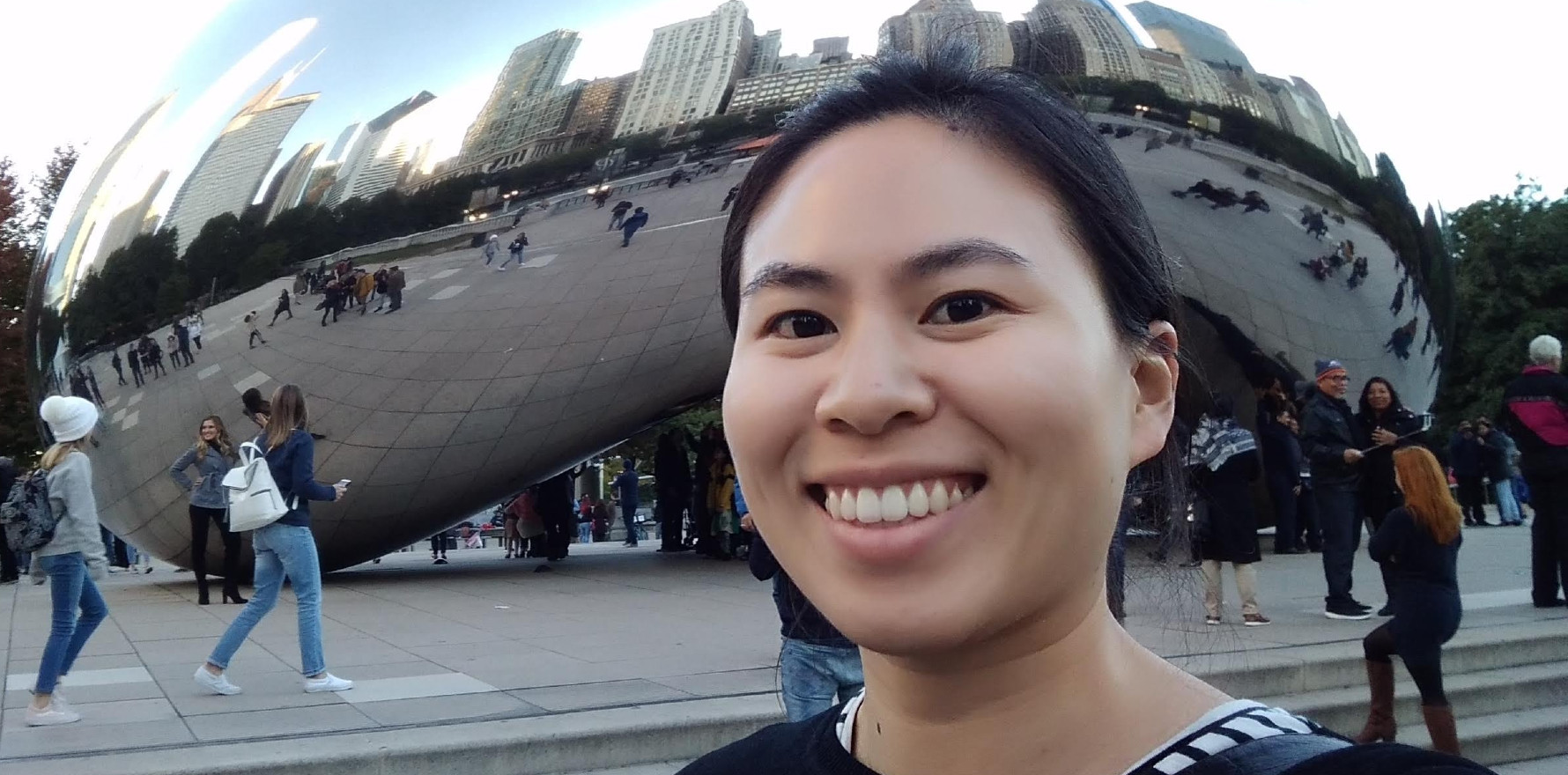Rheumatology Republic's newest editorial board member on ANCA vasculitis research, how patients inspire her and why she’d be a terrible meteorologist.
An early switch from obstetrics to rheumatology was the right choice for Dr Joanna Tieu, Rheumatology Republic’s newest editorial board member.
Dr Tieu is a rheumatologist serving three health districts in South Australia, at The Queen Elizabeth Hospital, Royal Adelaide Hospital and Lyell McEwin Hospital.
With a research fellowship at Cambridge University and a recently submitted PhD, Dr Tieu shares some early career advice, how patients inspire her and why she’d be a terrible meteorologist.
What is your latest research about?
It’s heavily focused on ANCA vasculitis and steroids; the burden of vasculitis in Australia, specifically mortality and cancer diagnoses; the impacts of rituximab treatment such as hypogammaglobulinemia, which is increasingly recognised as an issue with patients on rituximab but particularly for ANCA vasculitis. I am also a fellow with the OMERACT glucocorticoid group and am looking at ways to measure the impact of glucocorticoids, which I find really interesting.
What do you wish you’d known at the start of your research?
I don’t think that I would have done things differently. I think it’s about learning on the journey as well as getting the result. And that’s something that I’ve probably evolved to think during the PhD. But one thing I found really surprising is that I thought research would feel really solitary, but it hasn’t felt that way at all. That’s been really rewarding.
What made you switch from obstetrics to rheumatology?
When I was a medical student and did my research year in obstetrics, the part I enjoyed most was high-risk pregnancies. That’s when I realised that the thing that I found most rewarding, and really interesting, was the medical side of it.
Then, halfway through physicians training I did a three-month rotation in Alice Springs. The rheumatologist there suggested that I come and do some clinics and I loved it. I really liked the patients. I really liked the variety of conditions. And I really liked how the treatments made a huge difference to people.
Any advice for other early-career rheumatologists?
I think the tendency within us all is to want to know what’s good and what’s bad, and what the future is going to look like. But when you finish your internship, when you finish physician training and then you get to the end of rheumatology, you have another decision to make: there are so many career options available to you. It’s exciting and great, but it’s also a bit scary trying to work out what you want to do for the rest of your life.
I’ve had to learn to just take stock every now and then and make sure that I’m choosing career opportunities deliberately. Someone gave me advice to not plan too far ahead; have a bit of an idea of what you want to do but not necessarily make hard and fast plans. And in some ways, I’ve learnt to accept more uncertainty and take time to look at opportunities just as they come.
Is that philosophy reflected in your medical practice?
I guess that’s a good parallel to what I tell my patients all the time about their treatment: “We have a bit of an idea, but let’s just take it as it comes.” Maybe it’s just me sort of practising what I’m preaching. People surprise me as to how well they can take the uncertainty of their health. It’s something that I really admire in my patients.
Now that you’ve finished your PhD, what will you do more of outside of work?
I’m a slightly hopeless gardener and love to try cooking and baking new things. When travel was a reality, I also loved exploring the history, culture and food of new places.
Finally, do you have any secret super-powers?
I have an umbrella every day of the year – except when it rains. Some days I think, “Oh, bag is too heavy already. I’ll leave the umbrella out”, and that’ll be the day it rains. I truly believe that I probably don’t need it that day. I don’t know what it is. I get drenched all the time.
See the full Rheumatology Republic editorial board.


